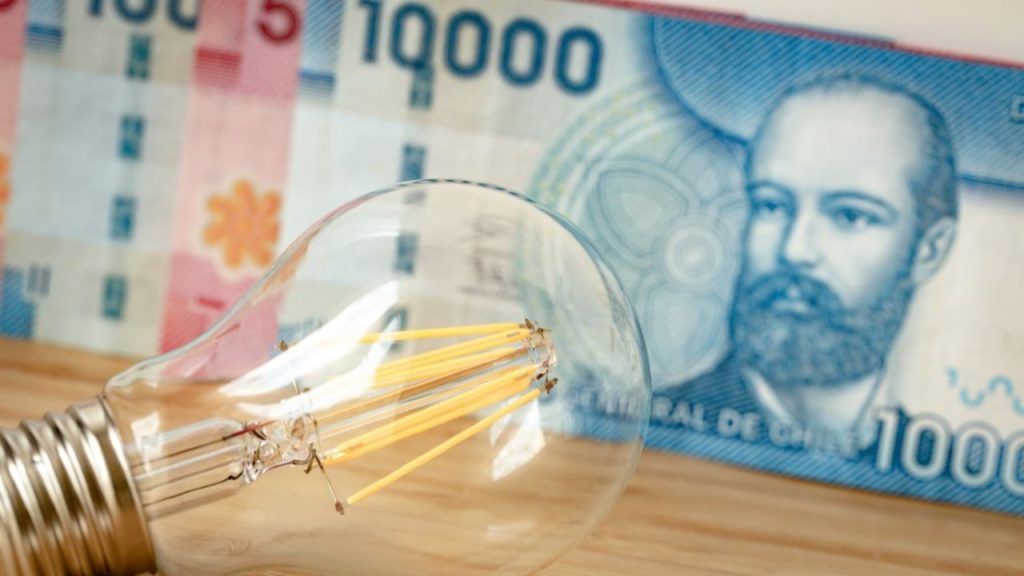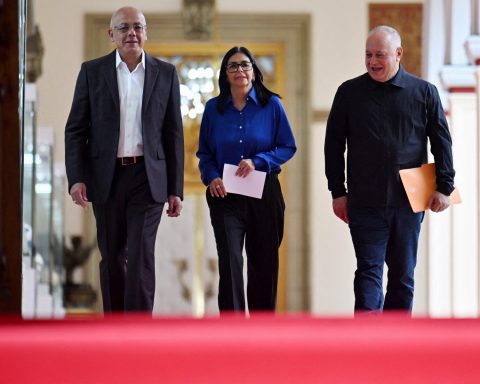The balance of savings accounts fell, with more withdrawals than deposits recorded in July. Outflows exceeded inflows by R$908.6 million, according to a report released this Wednesday (7) by the Central Bank (BC).
In June, R$370.3 billion was invested, compared to withdrawals of R$371.2 billion. The income credited to savings accounts totaled R$5.4 billion. The savings account balance is just over R$1 trillion.
The negative result in July contrasts with that of the previous month, when there was a net inflow of R$12.8 billion into savings accounts. Compared to July last year, there was an improvement. In that month of 2023, Brazilians withdrew R$3.6 billion more than they deposited in savings accounts.
In the year to date, the savings account has had a net redemption of R$3.7 billion.
Given the high level of debt among the population, savings accounts had a net outflow of R$87.8 billion in 2023. The result was lower than that recorded in 2022, when the net outflow was a record R$103.2 billion, in a scenario of high inflation and debt.
Fees
Withdrawals from savings accounts occur because the Selic rate, the basic interest rate, remains high, encouraging investment in better-performing investments. From March 2021 to August 2022, the Central Bank’s Monetary Policy Committee (Copom) raised the Selic rate 12 times in a row, in a cycle of monetary tightening that began amid rising food, energy and fuel prices.
For one year, from August 2022 to August 2023, the rate was maintained at 13.75% per year, for seven consecutive Copom meetings. With price control, the BC began to carry out cuts in the Selic, in a sequence of seven reductions, from August 2023 to May 2024. Since then, in the last two meetings, the collegiate decided to maintain the Selic at 10.5% per year and has already assesses the possibility of raising interest rates again.
In 2021, net withdrawals from savings accounts reached R$35.49 billion. In 2020, the savings account had recorded a record net inflow of R$166.31 billion, with more deposits than withdrawals. The instability in the public securities market at the start of the COVID-19 pandemic and the payment of emergency aid, deposited in digital savings accounts at Caixa Econômica Federal, contributed to this result.

















